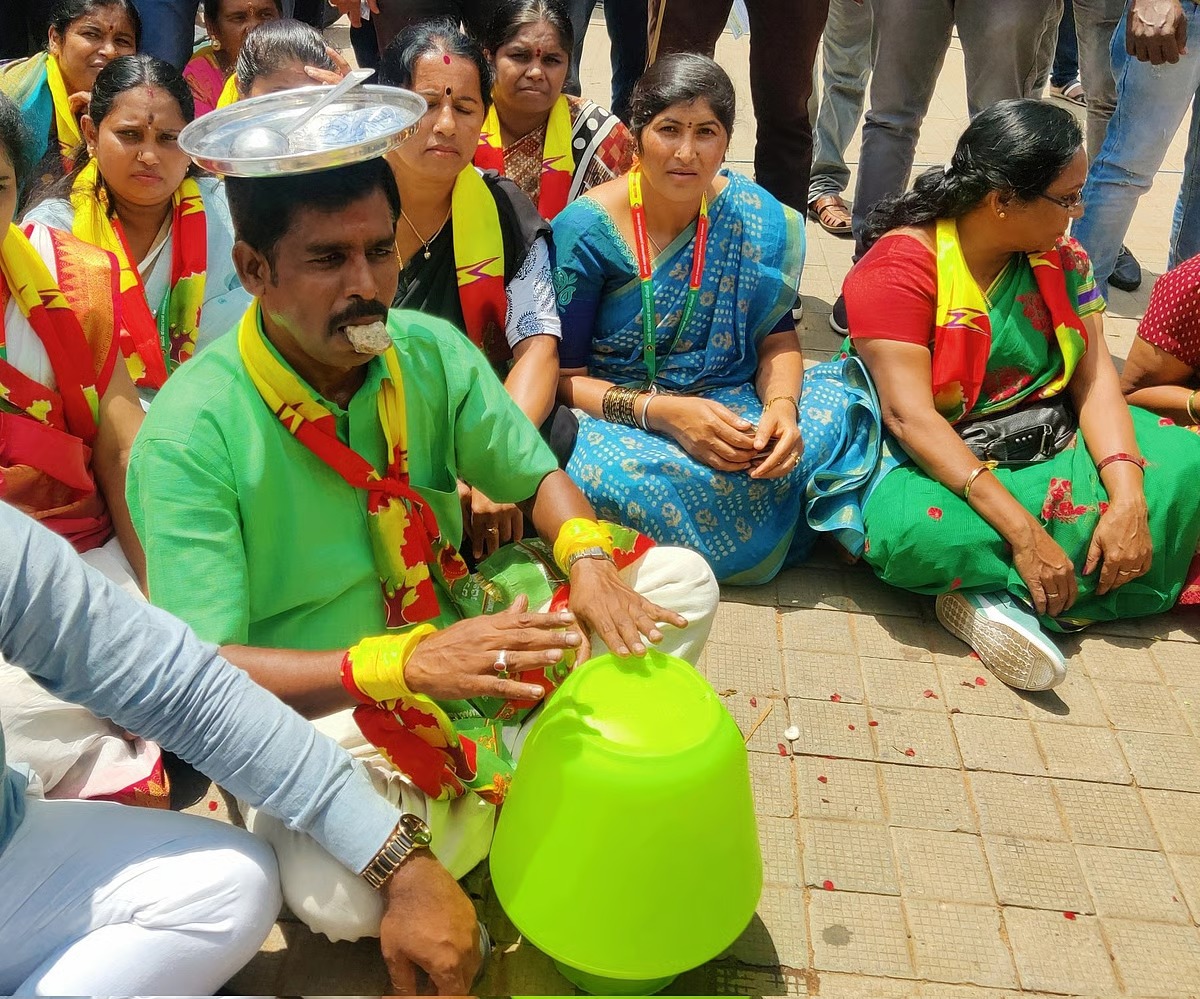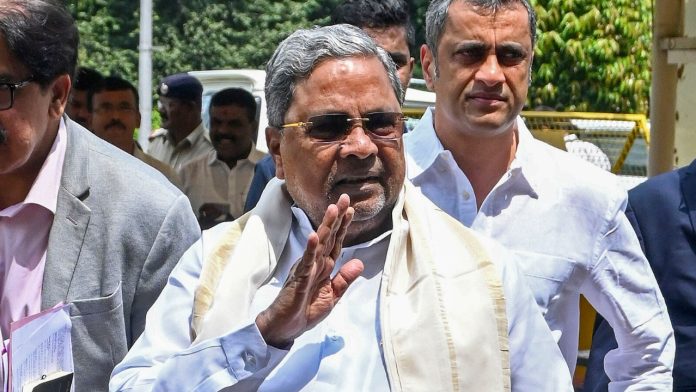“Not just land — it’s life, and we won’t surrender it.”
– Mohammed Talha Siddi Bapa
Bengaluru: In a significant turn in Karnataka’s agrarian struggle, Chief Minister Siddaramaiah has appealed for ten days’ time to respond to growing protests against the acquisition of over 1,000 acres of fertile land in Devanahalli for an aerospace industrial park. The appeal was made during a high-level meeting held on Friday at Vidhana Soudha with farmer representatives and rights activists from the affected villages.
The land in question spans 13 villages in Channarayapatna Hobli of Bengaluru Rural district and has become the epicentre of a sustained, grassroots resistance movement. For over six months, farmers under the collective banner of Samyukta Horata-Karnataka have challenged the Karnataka Industrial Areas Development Board (KIADB)’s move to forcibly acquire farmland, citing its irreversible impact on livelihoods, food security, and the rural ecosystem.
A Battle for Survival, Not Just Land
“This is not just land. It is our life, our only source of income. We cannot surrender it to any corporation,” said one of the protesting farmers after the meeting. The slogan “Our land, our right – we will not give it up to any company” has become the rallying cry across the region.
 Despite government claims that the final notification has already been issued, protesters have intensified their campaign, citing procedural lapses, lack of consent, and violation of constitutional protections. The movement gained further momentum after police cracked down on demonstrators during the ‘Devanahalli Chalo’ protest on June 25.
Despite government claims that the final notification has already been issued, protesters have intensified their campaign, citing procedural lapses, lack of consent, and violation of constitutional protections. The movement gained further momentum after police cracked down on demonstrators during the ‘Devanahalli Chalo’ protest on June 25.
CM Acknowledges Legal Hurdles
During Friday’s meeting, CM Siddaramaiah acknowledged the complexity of the situation. “Since both preliminary and final notifications have been issued, legal complications exist. I have asked the farmers and organisations to give us ten more days to find a way forward,” he stated. The government has scheduled another round of talks for July 15, when its formal stance is expected to be declared.
While some farmer leaders cautiously welcomed the CM’s willingness to engage, they emphasised that trust must be earned through action. “We have seen promises before. What we need now is a clear withdrawal of the project and legal assurance that our land will be safe,” a spokesperson of Samyukta Horata-Karnataka told Radiance.
Democratic Resistance Grows
The protest has now evolved into a broader democratic assertion, drawing support from Dalit, student, and civil society groups. Daily sit-ins at Freedom Park in Bengaluru continue, with plans for symbolic signboard campaigns declaring the contested farmland as people’s land. A nationwide protest day was also observed on July 1, echoing the voices of rural communities resisting forced industrialisation.
Also Read: Radiance Viewsweekly & Dawat Weekly Combo Subscription Offer
Observers say the Devanahalli resistance has come to symbolize a larger question confronting India’s development paradigm – who benefits when fertile land is turned into concrete zones for private enterprise, and who pays the price?
As Karnataka’s government weighs its next move, the farmers of Devanahalli are clear: they are not just defending acres of soil but asserting their right to dignity, livelihood, and justice.




